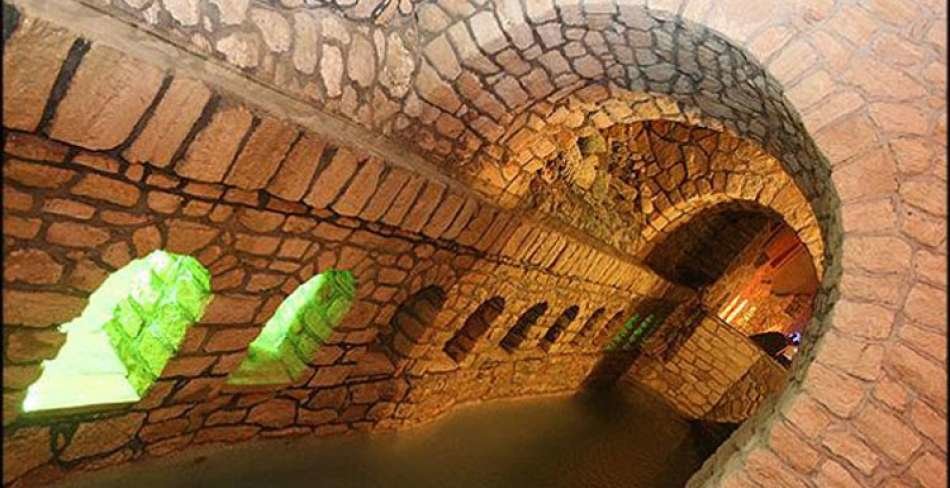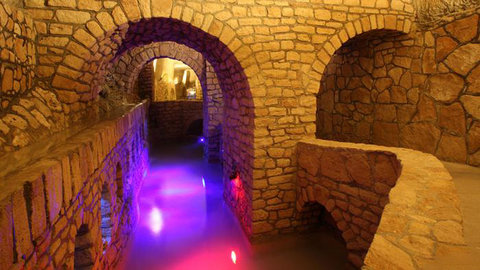Iran (IMNA) - With more than 32000 strings of Qanats, Iran is recognized as the cradle of Qanat civilization in the world. Without Qanat system, some Iranian cities in dry and desert environment would not exist!
The five thousand year old city of Yazd located in the center of Iran. This ancient city is one of the greatest adobe cities in the world and also the 15th largest city in Iran. Yazd is well known as a jewel of desert and also is “do not miss destination” for tourists who travel to Iran. Recently, Yazd as a historical city has been registered on UNESCO’s World Heritage List.

This city is a proof on how natives have adjusted themselves to a dry and desert environment between two vast deserts: Dasht-e Lut and Dasht-e Kavir. In fact, creative architecture and engineering were remarkable points in order to survive in such a tough geographical situation. In this respect, Yazd presents Qanat as a stunning aspect of Persian architecture.
Qanat is an ancient water exploitation system which gives life in the aridity domination. This system which lead water from underground tunnels toward Yazd districts is an Iranian masterwork. Indeed, Yazdi Qanats are considered as the gifted illiterate engineers in Iran. This particular method for transporting water from an underground is strongly tied with Iran. Moreover, interesting to know that with more than 32000 strings of Qanats, Iran is recognized as the cradle of Qanat civilization in the world.

Regarding Nature and communities, usage of water resources through system of Iranian Qanat has several advantages. For instance: conservation of agricultural communities and improving the soil and quality of water. As a matter of fact, it is not only an exploiting water technique but a culture of living derived from nature and without Qanat civilization, cities such as Yazd, Kashan and Isfahan would not exist or at least did not had a chance to civilize.



Your Comment